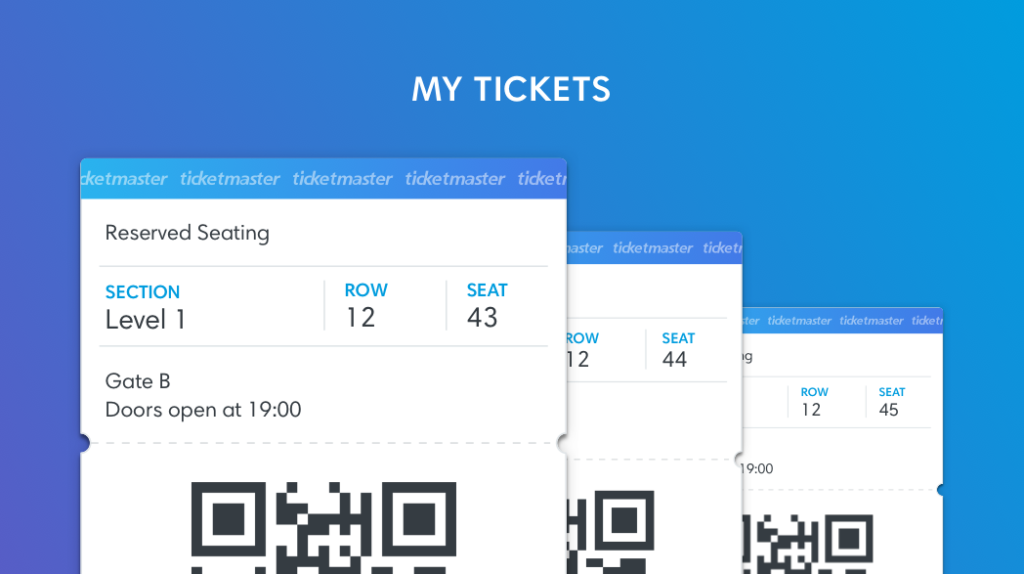Ticketmaster, one of the largest ticket sales and distribution companies globally, is known for its robust platform that connects event organizers with potential attendees. However, this convenience comes at a cost. Both sellers and buyers often incur various fees when using Ticketmaster’s services. This article will explore the different charges associated with selling tickets on Ticketmaster, providing a comprehensive understanding of the costs involved.
Listing Fees
When sellers list tickets on Ticketmaster, they are subject to a variety of fees. One of the primary costs is the listing fee. This fee can vary depending on the type of event, the venue, and other factors. Typically, Ticketmaster does not charge an upfront fee for listing tickets for standard events. Instead, they take a percentage of the final sale price once the ticket is sold. This model ensures that sellers are only charged if their tickets sell, reducing the financial risk associated with listing.

Service Fees
Service fees are another significant cost for sellers on How to sell your tickets back to Ticketmaster. These fees cover the cost of processing the transaction, customer support, and other administrative tasks. Service fees are usually a percentage of the ticket price and can range from 10% to 20%. This fee is deducted from the total amount the seller receives after the ticket is sold. For instance, if a ticket sells for $100 and the service fee is 15%, the seller would receive $85, and Ticketmaster would retain $15 as the service fee.
Payment Processing Fees
In addition to the service fee, sellers may also be subject to payment processing fees. These fees cover the cost of processing credit card transactions and other forms of payment. Payment processing fees are generally a small percentage of the ticket price, typically around 2% to 3%. This fee is also deducted from the seller’s payout. For example, if the ticket sells for $100, and the payment processing fee is 2.5%, the seller would receive $97.50 after this fee is deducted.
Delivery Fees
Depending on the method of delivery chosen by the buyer, sellers might also incur delivery fees. These fees cover the cost of delivering the tickets to the buyer, whether through standard mail, electronic delivery, or express shipping. Delivery fees can vary widely based on the delivery method and the destination. While some buyers may opt for free electronic delivery, others might choose expedited shipping, which can incur additional costs that may be passed on to the seller.
Additional Costs for Premium and Resale Tickets
For premium and resale tickets, the fee structure can be different. Premium tickets, such as VIP packages or exclusive seating, often come with higher service fees due to the additional services and benefits included. Resale tickets, which are tickets being sold by individuals rather than the original event organizer, also attract specific fees. Ticketmaster’s resale platform charges sellers a percentage of the ticket price, similar to the service fee structure for primary sales. This fee is generally around 10% of the resale ticket price.
Payout Schedule
It’s also important to understand Ticketmaster’s payout schedule. After the ticket is sold, sellers do not receive the funds immediately. Ticketmaster typically releases payments to sellers after the event has occurred to protect against cancellations or disputes. This means sellers need to plan for a delay in receiving their funds, which can impact cash flow, especially for high-volume sellers.
Conclusion
Selling tickets on Ticketmaster involves several fees that sellers must consider when pricing their tickets. These include listing fees, service fees, payment processing fees, delivery fees, and additional costs for premium and resale tickets. Understanding these charges is crucial for sellers to accurately price their tickets and ensure they cover all associated costs while still making a profit. Despite these fees, Ticketmaster remains a popular platform due to its extensive reach and trusted reputation, making it a valuable tool for both individual sellers and event organizers.
4o
